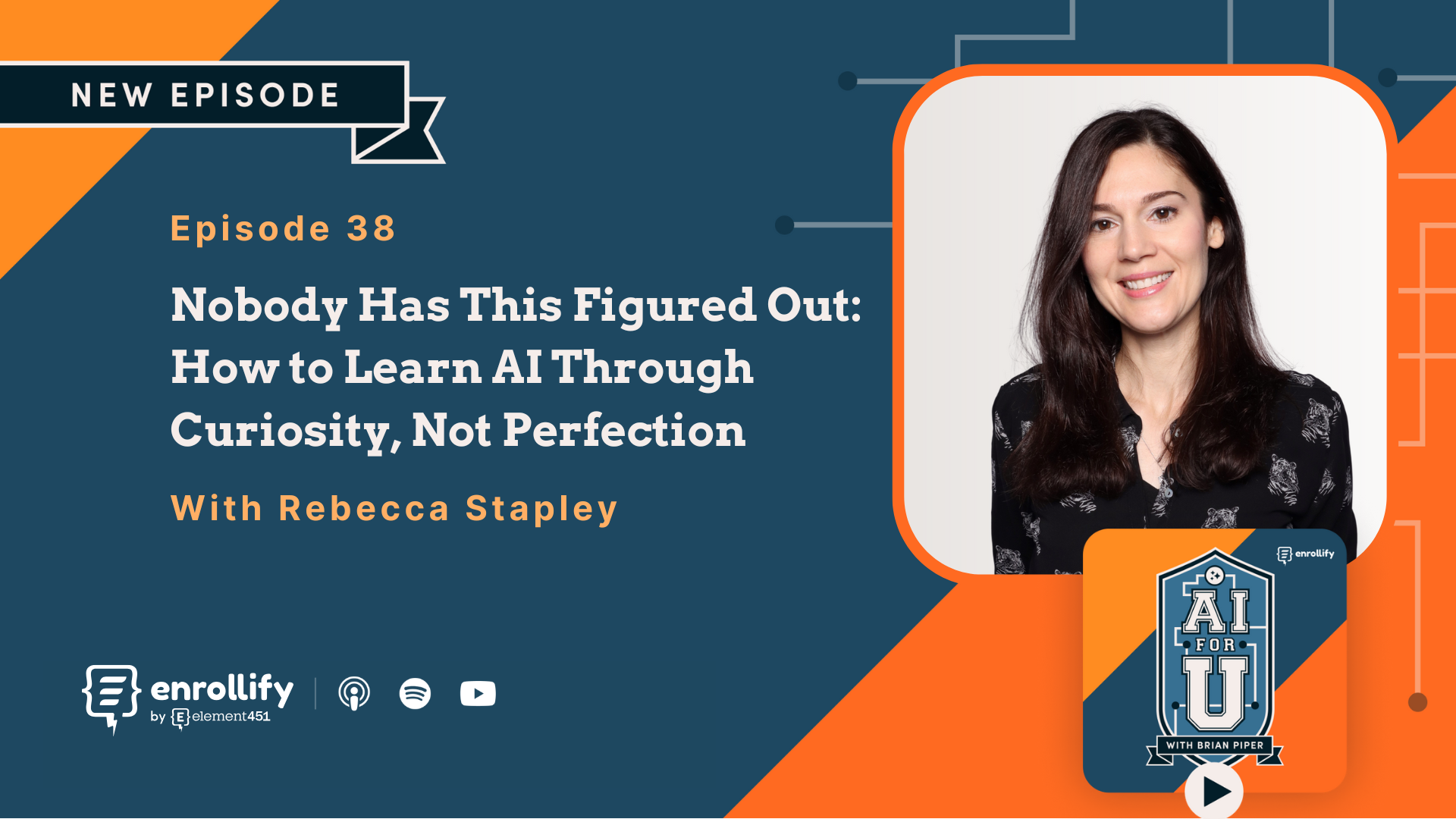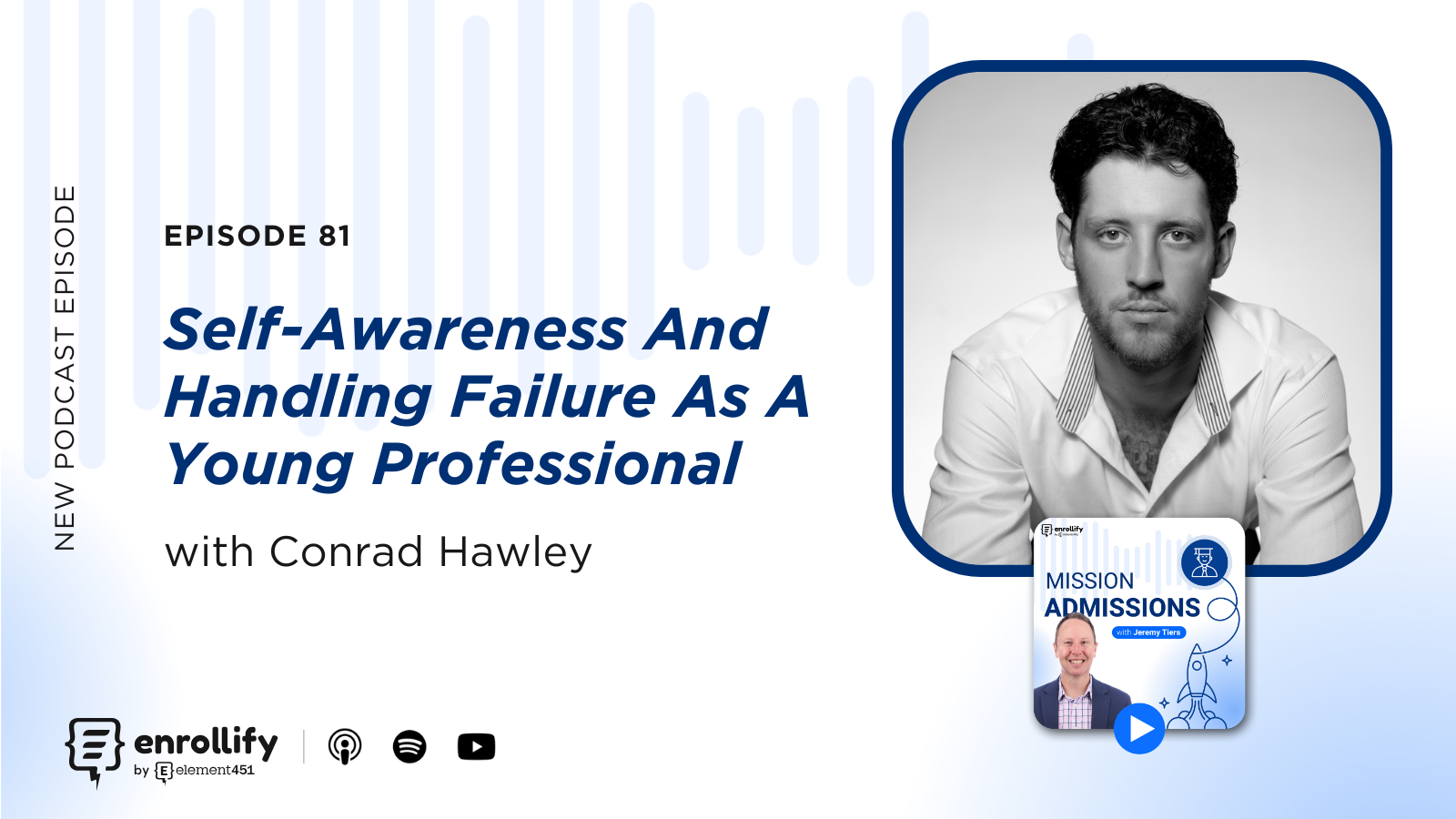About the Episode
Jaime gets real with guest Tracy Playle in this in-depth conversation about imposter Syndrome – something that plagues professionals from all backgrounds. Tackling the symptoms of imposter syndrome – feeling like a fraud, experiencing self-doubt and subjecting oneself to negative self talk – is a journey. Takeaways from this episode include:
- How to identify how you are feeling as imposter syndrome
- Ways to cope with feelings of inadequacy or self-doubt
- How to reduce negative self talk
- Ways to change patterns of thought that hold you back or keep you from bringing your best self to your work
Understanding Impostor Syndrome
Impostor syndrome is not a clinical diagnosis, but it’s a very real experience of self-doubt and inadequacy despite external evidence of success. Tracy Playle defines it as a lack of “enoughness” rooted in how we perceive ourselves and believe others perceive us. While it can affect anyone, certain groups are more prone to it:
- Historically Excluded Groups: Women, people of color, and first-generation college graduates often feel they don’t “belong” due to systemic inequities.
- High Achievers: Ironically, the drive to achieve often stems from an underlying feeling of inadequacy.
- Childhood Conditioning: Experiences like perfectionist parenting or societal expectations can leave a lasting imprint.
Tracy also notes that impostor syndrome thrives in situations where individuals feel exposed or on display, such as meetings, presentations, or job transitions.
How Impostor Syndrome Manifests
Impostor syndrome looks different for everyone. Some common behaviors include:
- Silence in Meetings: Avoiding speaking up for fear of being judged.
- Proving Behavior: Overcompensating by constantly showcasing knowledge or achievements.
- Condition Stacking: Believing you’ll only be ready once you’ve met an excessive number of conditions (e.g., earning another degree).
- Diminishing Statements: Downplaying your own ideas or achievements with phrases like, “This might be silly, but…”
Tracy emphasizes that these behaviors are coping mechanisms and not signs of failure. Leaders can help by observing these patterns, reflecting them back to their team members with curiosity, and creating a safe environment for open conversations.
Strategies for Overcoming Impostor Syndrome
For Individuals
- Recognize the Patterns
Notice when impostor syndrome behaviors appear and identify the underlying belief driving them. For example, are you afraid of being seen as “lazy” or “not smart enough”? - Reframe Your Narrative
Replace disempowering stories with affirmations of worthiness. Tracy shares a mantra from Nancy Levin’s book Worthy: “You are worthy just because you were born.” - Focus on Facts
When overwhelmed by self-doubt, separate the facts of a situation from the emotional stories you’re telling yourself. This can help reduce the intensity of negative feelings. - Leverage Your Strengths
Identify areas where you naturally excel and lean into them. Instead of labeling other areas as “weaknesses,” recognize them as growth opportunities. - Practice Self-Compassion
Treat yourself with the same empathy you’d offer a colleague or friend. As Jamie’s husband insightfully noted, “Why are you treating yourself differently than you’d treat a team member?”
For Leaders
- Create Psychological Safety
Foster a culture where team members feel safe to admit mistakes, ask for support, and express their needs without fear of judgment. - Model Vulnerability
Share your own experiences with impostor syndrome or mistakes you’ve made. When leaders show their humanity, it gives others permission to do the same. - Reframe Validation
Avoid saying “How can I help you?” which might imply incapability. Instead, ask “What do you need?” This shifts the conversation to empowerment. - Recognize the Individual
Everyone has unique strengths and motivators. Get to know your team members’ “love languages” or preferences for feedback and validation, and tailor your leadership approach accordingly. - Celebrate Efforts and Achievements
Regularly acknowledge the contributions of your team. A simple “That was brilliant!” can go a long way in boosting confidence and combating self-doubt.
A Personal Story: Jamie’s Plagiarism Incident
Jamie shared a vulnerable moment where she mistakenly included uncredited material in an article. The experience triggered intense self-doubt and feelings of fraudulence. However, Tracy’s coaching advice—focusing on the facts and reframing the narrative—provided a way forward. This story is a powerful reminder that mistakes don’t define us, and self-compassion is key to moving past them.
Moving Beyond Impostor Syndrome
Overcoming impostor syndrome is not a linear process. It requires ongoing reflection, practice, and support. Tracy encourages individuals to embrace their “beautiful ridiculousness” as humans, recognizing that imperfections are part of what makes us unique.
For leaders, supporting team members through their impostor syndrome journeys can transform workplace culture. By fostering empathy, psychological safety, and open communication, leaders can help their teams thrive.
Confessions of a Higher Ed CMO is sponsored by our friends at Mindpower - a full-service marketing and branding firm celebrating nearly thirty years of needle-moving, thought-provoking, research-fueled creative and strategy. Mindpower is women-founded and owned, WBENC certified, nationally recognized, and serves the social sector – higher education, healthcare, non-profits, and more. The Mindpower team is made up of strategists, storytellers, and experience creators. From market research to brand campaigns to recruitment to fundraising, the agency exists to empower clients, amplify brands, and help institutions find a strategic way forward. Learn more about Mindpower here!
Confessions of a Higher Ed CMO is a part of the Enrollify Podcast Network. If you like this podcast, chances are you’ll like other Enrollify shows too!
Our podcast network is growing by the month and we’ve got a plethora of marketing, admissions, and higher ed technology shows that are jam packed with stories, ideas, and frameworks all designed to empower you to be a better higher ed professional. Our shows feature a selection of the industry’s best as your hosts. Learn from Mickey Baines, Zach Busekrus, Jeremy Tiers, Corynn Myers, Jamie Gleason and many more.















